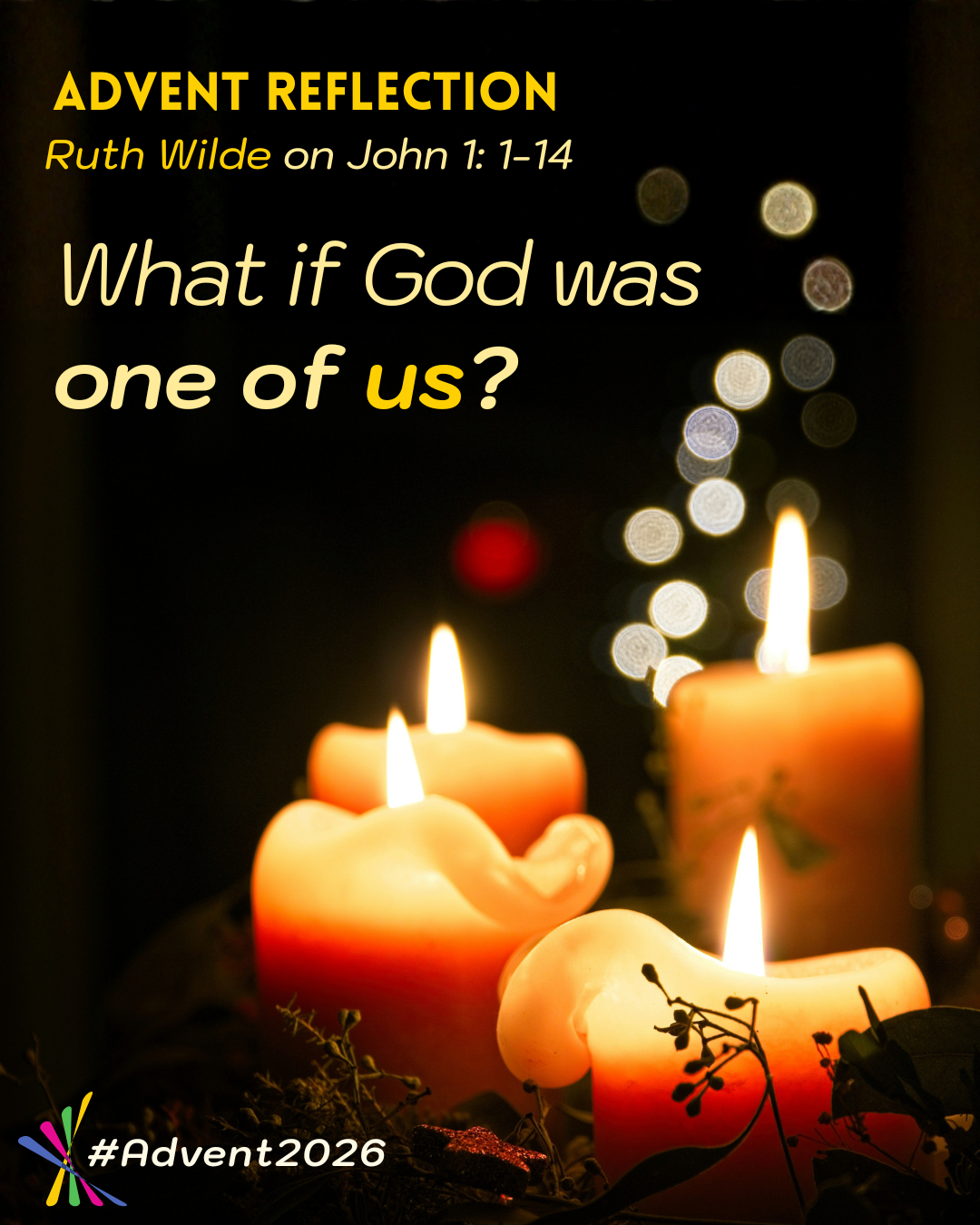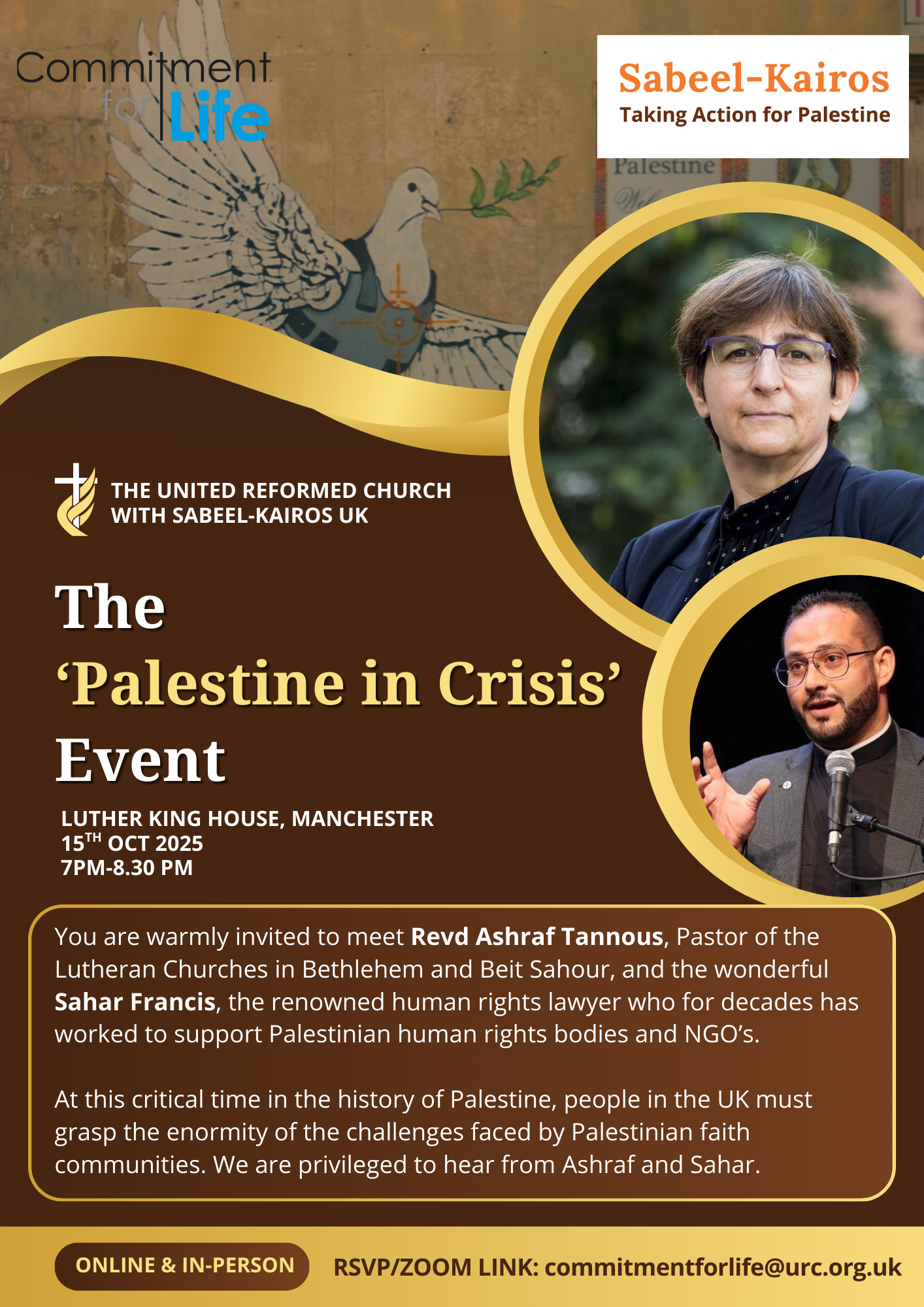How does the Bible help us to reflect on the serious environmental crises we are living through – that the COP26 talks are addressing (we hope!)? I say “crises”, because there isn’t just one: climate change, depletion of resources of many kinds (from over-fishing to over-mining), loss of bio-diversity, our materialistic-throwaway society and the mountains of plastic we are creating (and not just mountains, floating continents of it – try googling “the great pacific garbage patch”), pollution, (over-)use of chemicals such as pesticides and the poisoning this creates in rivers and seas. You see what I mean!
The Bible does not give us straightforward answers, not least because the Bible didn’t know about climate change – but also because there are some rather problematic texts. For example, take the Plagues of Egypt (find the stories in Exodus chapters 7 to 12): in order to change Pharaoh’s heart and benefit the few hundred Hebrew people, God orders the plagues and frogs, gnats, rivers of blood, and so on – not to mention the first born of all cattle (and children) suffer. What had other-than-human creation done to deserve that? Nothing. Jesus curses a fig tree (Mark 11) because it wasn’t bearing fruit at time when fruit wasn’t in season – to teach about unfaithful religious leaders? What had the fig tree done? Nothing.
I could expand on such texts, but I won’t here. Instead, I offer four (sorts of) texts I find helpful:
1. Humankind’s place in the whole of creation. As we read the first creation story in Genesis chapter 1, we meet the familiar pattern of creative acts: God speaks an aspect of creation into being, creation is obedient and appears, God sees what God has made and that ‘it was good’. Each aspect of creation is ‘good’ – until, that is, we come to day six. Part way through the day, God sees all the living creatures and says they are good, but then creates humankind … and we don’t get our own ‘good’. We only get a good at the very end of God’s creative activity (Gen 1:31) when God saw all that God had made and it was “very good”. That is, humankind is only good as part of the whole. I think it’s helpful to remember this – we are part of all that God has made – that is the place we are good.
2. The texts that link human sin and the suffering of other-than-human creation. I’m going to point to a few of these:
The earth dries up and withers,
the world languishes together with
the earth.
The earth lies polluted
under its inhabitants;
for they have transgressed laws,
violated statutes,
broken the everlasting covenant. (Isaiah 24:4 NRSV)
Why is the land ruined and laid waste like a wilderness, so that no one passes through? And the Lord says: Because they have forsaken my law that I set before them, and have not obeyed my voice, or walked in accordance with it, but have stubbornly followed their own hearts …” (Jer. 9:12-14 NRSV)
“… the Lord has an indictment against the inhabitants of the land.
There is no faithfulness or loyalty,
and no knowledge of God in the land.
2 Swearing, lying, and murder,
and stealing and adultery break out;
bloodshed follows bloodshed.
3 Therefore the land mourns,
and all who live in it languish;
together with the wild animals
and the birds of the air,
even the fish of the sea are perishing.” (Hos. 4:1-3 NRSV)
I have underlined the powerful linking words that explain why aspects of other-than-human creation are suffering, and they are all about human sin. Here’s something else it’s important for us to remember – the way we behave, and the way we sin, has an effect on all that God made and saw was “very good”.
3. Hope for all creation. Romans 8 tells us that all creation is groaning in expectation of salvation (and it is all creation, not only human beings), and Colossians 1 tells us that, through Christ, God is pleased to reconcile “all things” to Godself (and it is all things and not all people). If we, humankind, are looking hopefully at the outcomes of the COP talks, then let us also remember the hope God holds out to other-than-human creation. Hope for transformation and wholeness in Christ is for all that God has made.
4. Living out the Great Commandment (Mark 12). I often conclude talks, or sermons, about environmental issues with this challenge: do we love God the creator enough to love also all that God made and saw was very good? And do we love our neighbours (including globally today and in future generations) enough to care about the effect our lifestyles are having on them/will have on them?
What can we conclude then? I think it is that, despite the texts that are less than helpful, as we turn to the Bible to try to learn how to respond to the environmental crises, there are also texts that challenge us not to be individualist in terms of human neighbours, and also to see ourselves as part of the great community that is all creation.
Rosalind Selby
November 2021
If issues around the environment and our faith are of interest to you, there are still a few places left on Rosalind’s module “Our Faith and the Environment” held on Monday evenings 7pm-8.30pm starting 29th November. Email for more details.







.jpg)
